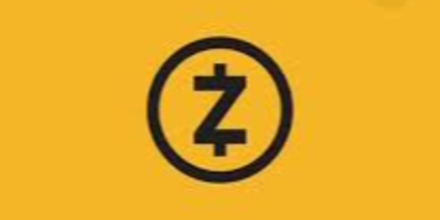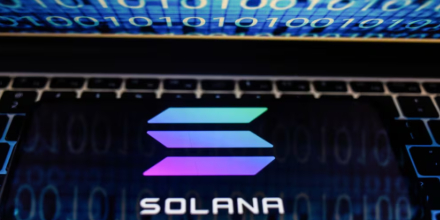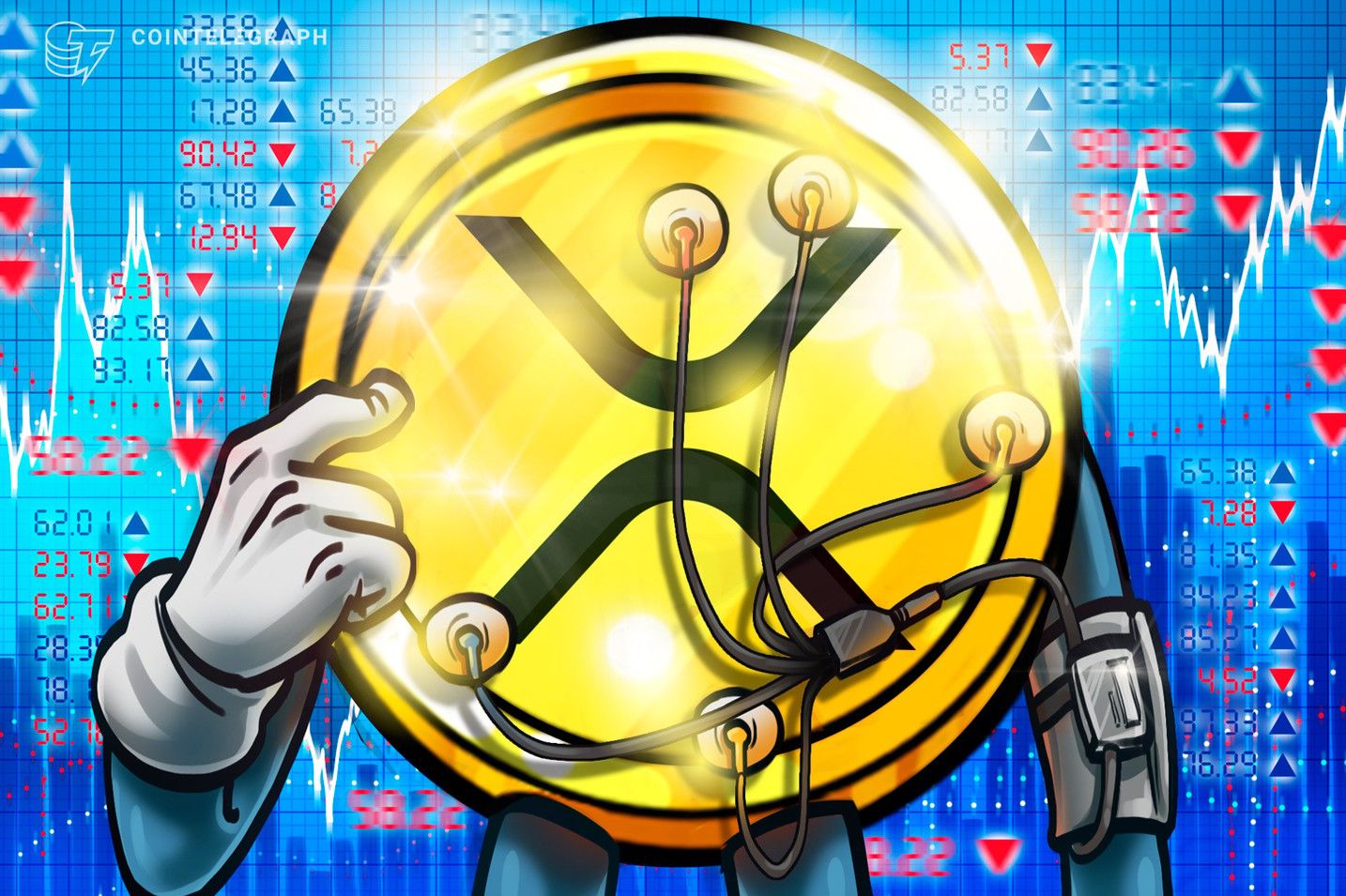Launch date for Ethereum ETF in the US reiterated as July 2nd by Bloomberg ETF analyst
The initial date for spot Ethereum exchange-traded funds (ETF) trading in the US is still July 2nd, according to Bloomberg ETF analyst Eric Balchunas. In an X post, Balchunas doubled down on this date, highlighting that “a bunch of amended S-1 Forms” for those ETFs might be filed today.
“Then ball’s in SEC’s court to let issuers know about any final changes and effectiveness (aka final approval),” added the analyst. On June 14th, he predicted the launch date for the first time, as reported by Crypto Briefing.
On May 23rd, the US Securities and Exchange Commission (SEC) approved the ETF filings for eight Ethereum ETF issuers, including BlackRock, Fidelity, VanEck, and others. However, only the 19b-4 forms were approved, which acts as permission for the exchange-traded product to be created.
Notably, the S-1 form, which is an initial registration required by the SEC before a security can be publicly traded, still needs approval. The first amended S-1 form came a few minutes after Balchunas’ post, with Fidelity presenting the document with the adjustments ordered by the SEC.
The asset managers are not including their ETF fees on the S-1 forms, and the Bloomberg analyst assessed that they might be waiting for BlackRock to disclose “to see what they need to orbit around.”
Moreover, Balchunas’ fellow ETF analyst James Seyffart also expects all the remaining S-1 forms waiting to be amended to be filled today.
Disclaimer: The content of this article solely reflects the author's opinion and does not represent the platform in any capacity. This article is not intended to serve as a reference for making investment decisions.
You may also like
When even Zcash is surging, is the bull market really coming to an end? — The frenzy and warning signs of privacy coins
Zcash surged by 241% in 30 days, mainly driven by the Prince Group incident, exhausted market narratives, celebrity endorsements, and liquidity shortages. However, its fundamentals have not improved and it faces high regulatory risks. Summary generated by Mars AI. The accuracy and completeness of this summary are still being iteratively updated by the Mars AI model.

Raiku: Equipping Solana with a "Deterministic Engine" to Prevent Transaction Failures
Raiku is a high-performance infrastructure layer on the Solana network that addresses transaction congestion and failure issues by reserving block space and employing a deterministic execution mechanism, thereby improving transaction stability and efficiency. Summary generated by Mars AI. The accuracy and completeness of this summary, generated by the Mars AI model, is still in an iterative update phase.


XRP price slips despite Ripple’s bullish Swell announcements: Is $2 next?
